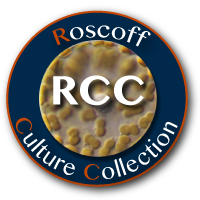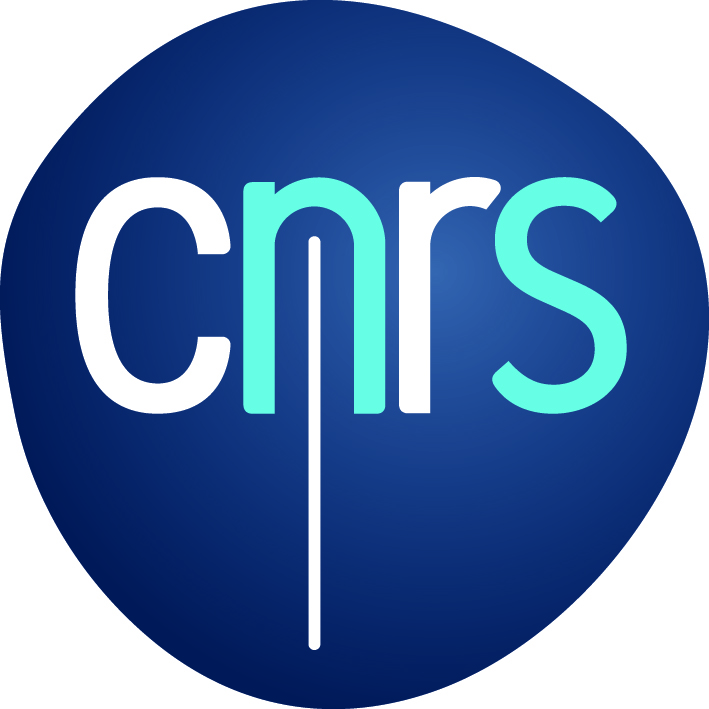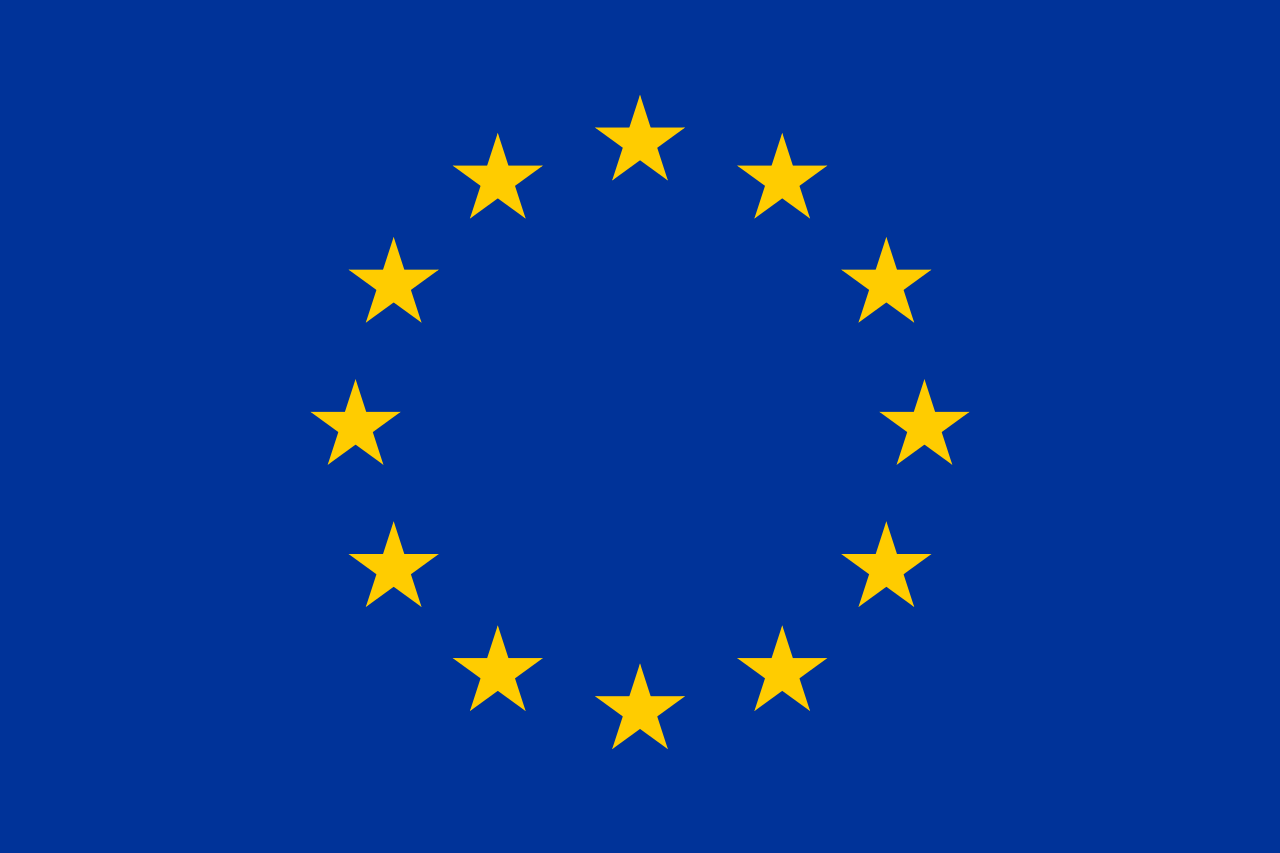The RCC offers the service of identifying algal strains using a combination of light microscopy and genetic barcoding analysis. The cost per strain for our basic identification service (light microscopy and barcoding using 18S (for eukaryotes) or 16S (for prokaryotes) rRNA analysis) is 100 € for public-sector users and 200 € for private-sector users. We also offer an advanced identification service for eukaryotes comprising light microscopy, 18S analysis, as well as ITS, 28S or plastidial 16S barcoding for better phylogenetic resolution. The advanced identification service costs 100€ for public-sector users and 200 € for private-sector users.
Procedure :
- Contact the RCC staff to explain your project with the following information :
- Number of strains
- Environment from which the strain was collected (e.g. fresh water, salt water, etc...)
- Preferred growth conditions (temperature, light intensity)
- Growth media used to maintain the strain in culture
- The culture does not have to be axenic, but must be unialgal and free of other eukaryotic organisms (protists and fungi). We need a minimum of 10 ml of culture in good condition.
- RCC staff will fix a date with you for sending the culture(s) to Roscoff (shipping cost at your charge).
- Following analyses, the RCC will send a report (including images, sequences, BLAST search results) that provides when possible identification to the genus or species level (or at least determination of the most closely related species for which sequence data are available).
- Identification usually takes between 1 and 4 weeks, but can sometimes take longer.
- If identification based on the 18S gene and light microscopy is not accurate enough, we would recommend (with additional cost) to complement the analysis by:
- Scanning Electron Microscopy (e.g. for coccolithophores, diatoms)
- Analysis of additional gene markers: (28S, ITS, rbcL or other depending on the microalgal class)
- If you want, you can deposit your identified strains in the RCC.
| Attachment | Size |
|---|---|
| 136 KB |






